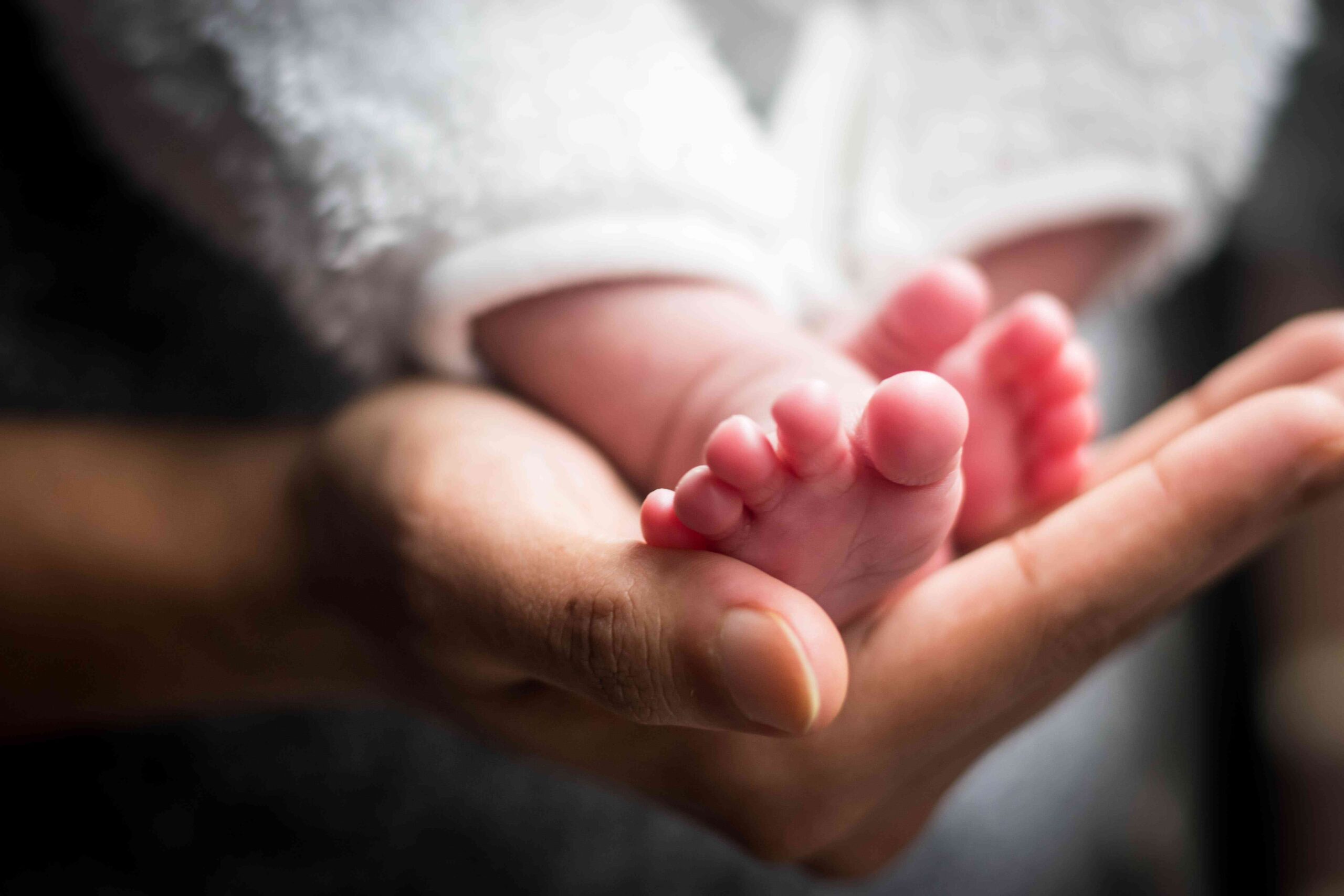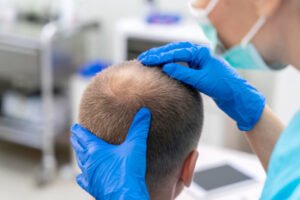Hair Loss Postpartum
As the miraculous journey of pregnancy and childbirth unfolds, new mothers often find themselves facing a different reality. This natural yet puzzling phenomenon has left many wondering about the intricacies behind it. In this article, we delve into the perplexing world, blending science and storytelling to shed light on this common concern.
Understanding Postpartum Hair Loss
Amidst the joy of welcoming a newborn, many women experience an unexpected and temporary change in their hair. This phenomenon, also known as telogen effluvium, occurs due to the abrupt hormonal shifts following childbirth. Imagine the burst of colors in a sunrise, paralleling the burstiness of emotions postpartum, only to be followed by a serene, transitional period—the hair’s own cycle of renewal.
The Science Behind Postpartum Hair Loss
Scientifically, the hair follicles undergo three stages: anagen (growth), catagen (transition), and telogen (resting). During pregnancy, elevated estrogen levels prolong the anagen phase, leading to luxurious locks. However, once the baby arrives, estrogen levels plummet, pushing more follicles into the telogen phase. This burst of shedding can be perplexing, but it’s a natural part of the hair’s rhythm.
Factors Contributing to Postpartum Hair Loss
While hormonal shifts are the primary culprits, other factors can influence the extent of. Nutritional deficiencies, sleep deprivation, stress, and genetics play a role in the delicate balance of the hair cycle. Think of it as a complex puzzle—each piece representing a different aspect of a new mother’s life.
Coping Strategies for Postpartum Hair Loss
Navigating involves more than just understanding its intricacies. It’s about embracing change and practicing self-care. Imagine a butterfly emerging from its cocoon, undergoing transformation while finding strength in vulnerability. Similarly, new mothers can embrace their evolving appearance while prioritizing their well-being.
Embracing Change and Self-Care
Amidst the whirlwind of caring for a newborn, self-care often takes a backseat. However, nurturing oneself is akin to tending to a delicate garden. Just as plants need sunlight and water, mothers require nourishment, rest, and self-love. Embrace the burst of strength that comes from acknowledging the changes and investing in personal well-being.
Expert Tips for Managing Postpartum Hair Loss
Experts in the field offer valuable insights into managing. From a practical perspective, opting for shorter hairstyles can create an illusion of volume, akin to trimming excess branches to let a tree flourish. Moreover, using gentle hair products and avoiding tight hairstyles can alleviate stress on fragile hair, resembling the care one would give to delicate petals.
Myth Busting: Separating Fact from Fiction
As with many aspects of life, myths can cloud our understanding of postpartum hair loss. Debunking these myths is like dispersing clouds to reveal the radiant sun. Contrary to popular belief, breastfeeding is not a direct cause of hair loss; rather, it’s the hormonal shifts post-breastfeeding that trigger shedding. Similarly, the hair does not fall out to punish new mothers; it’s a natural phase of renewal.
Disclaimer: The information provided in this article is for informational purposes only and should not be considered as medical advice. Always consult with a qualified healthcare professional before making any decisions regarding your health or treatments. For more information, please read our Medical Disclaimer.
Frequently Asked Questions:
- Is postpartum hair loss preventable?
Hormonal shifts are inevitable, but a balanced diet, adequate rest, and stress management can minimize the impact. - How long does postpartum hair loss last?
Typically, hair shedding peaks around three to four months postpartum and gradually tapers off by the seventh month. - Can hair supplements help combat postpartum hair loss?
While supplements can support hair health, consult a healthcare professional before adding them to your routine. - Will my hair return to its pre-pregnancy state?
Yes, with time and proper care, your hair should return to its normal cycle and regain its thickness. - When should I seek professional help for postpartum hair loss?
If you notice severe or prolonged hair loss, consulting a dermatologist can provide insights into underlying issues.
References:
- Blume-Peytavi, U., & Whiting, D. A. (2010). Hair growth and disorders. Springer Science & Business Media.
- Messenger, A. G., & Sinclair, R. D. (2006). Follicular miniaturization in female pattern hair loss: clinicopathological correlations. The British Journal of Dermatology, 155(5), 926-930.
- Sinclair, R. (2007). There is no clear association between low serum ferritin and chronic diffuse telogen hair loss. British Journal of Dermatology, 156(4), 730-733.
- Rushton, D. H., Dover, R., & Sainsbury, A. W. (2002). Nutrition and hair: deficiencies and supplements. Clinics in Dermatology, 20(4), 398-406.
- American Academy of Dermatology. (n.d.). Hair loss: Diagnosis, treatment, and outcome.




